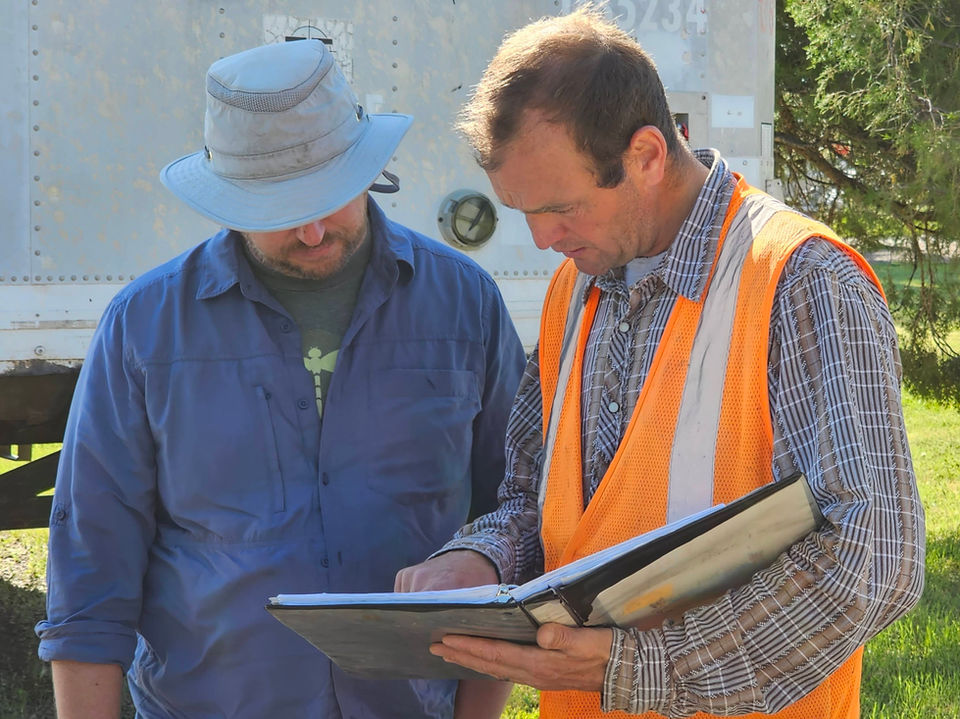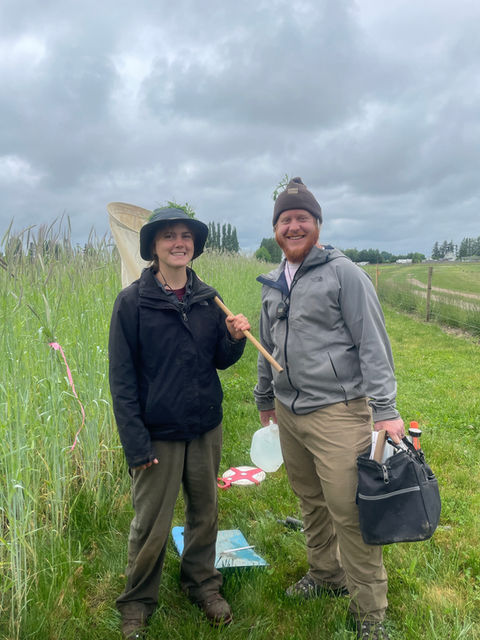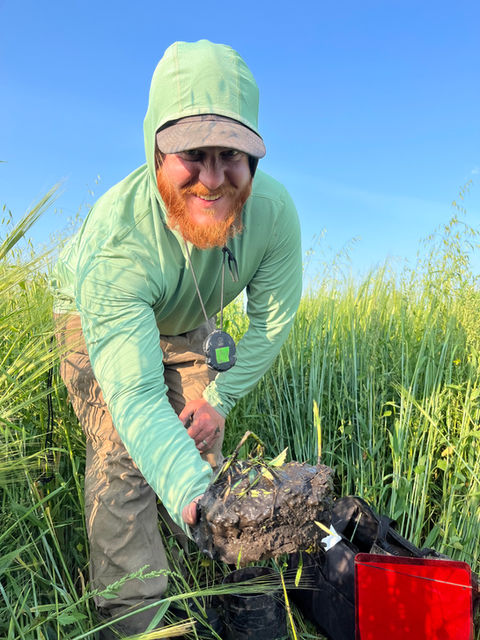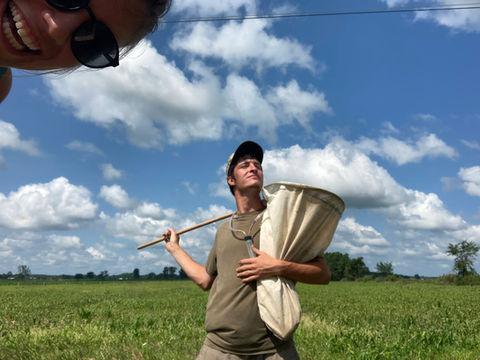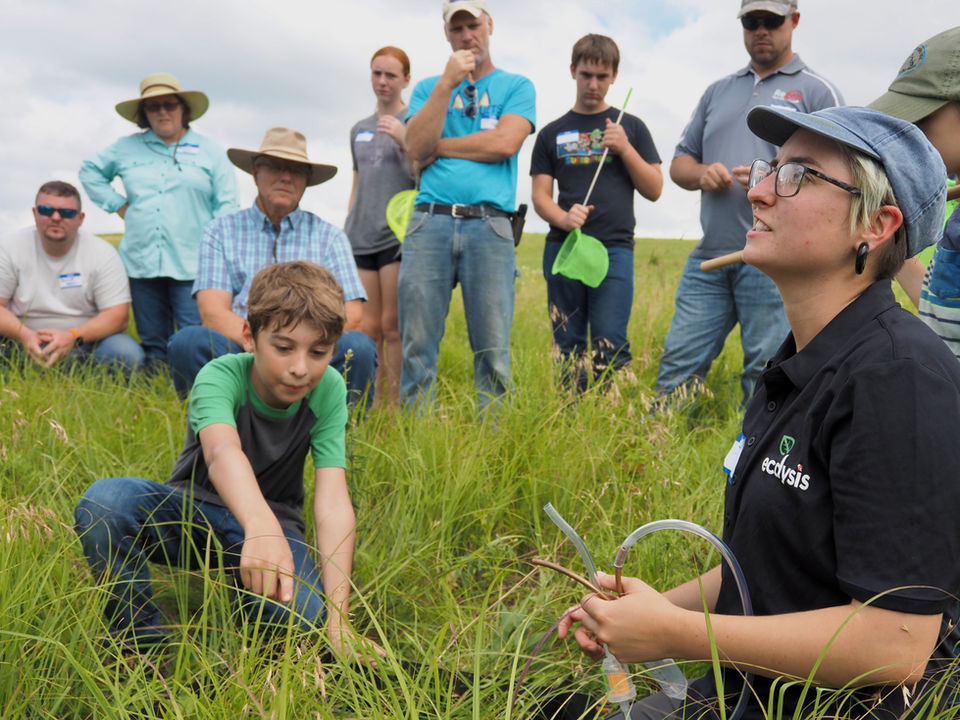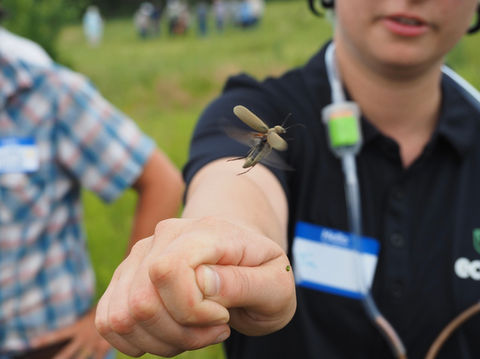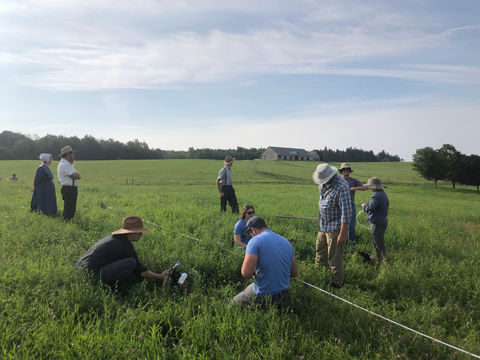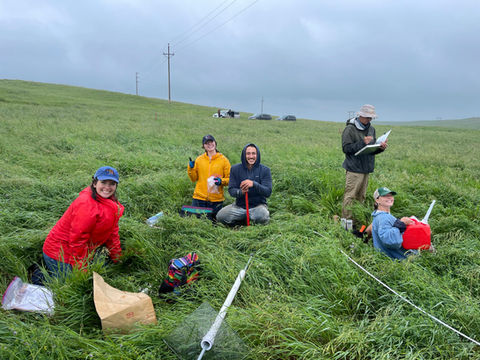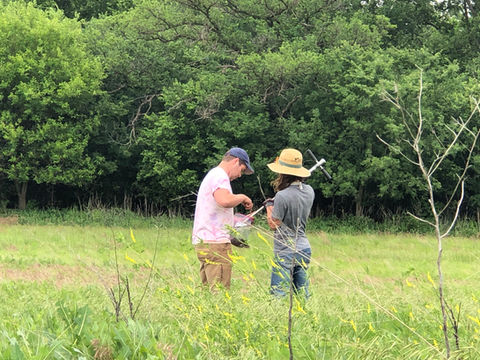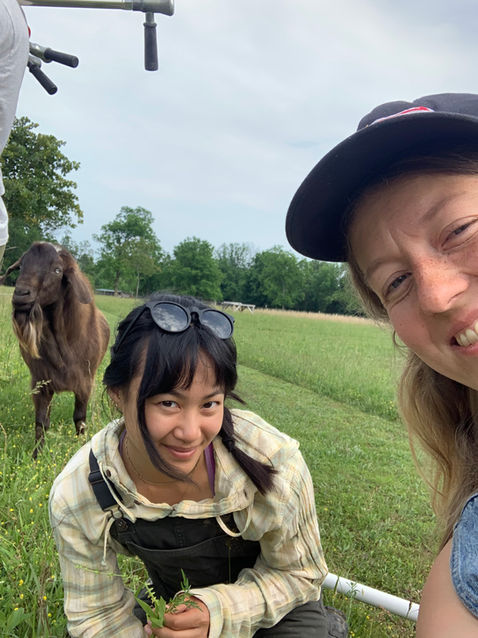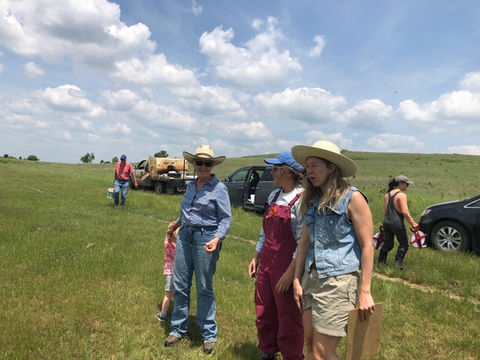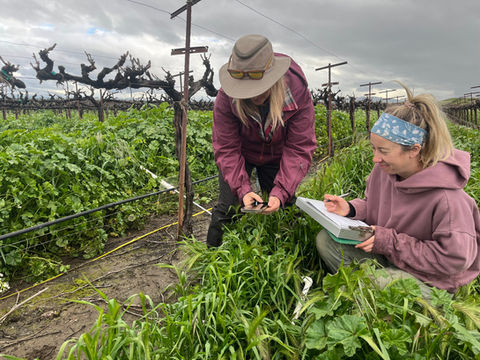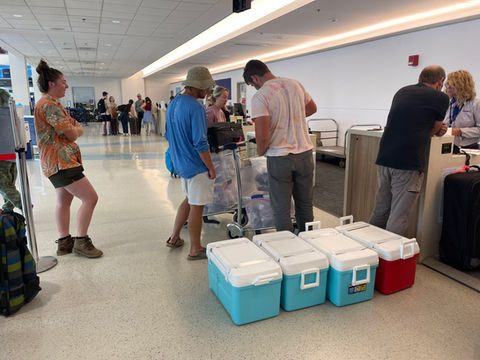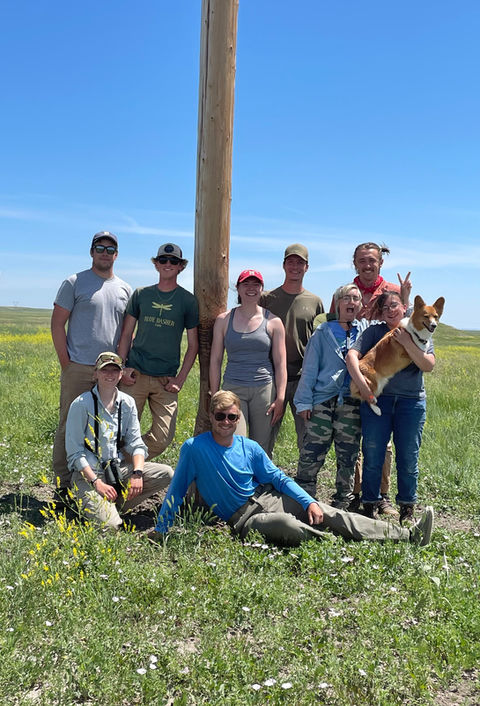
Ecdysis Grows the 1,000 Farms Initiative
Ecdysis Foundation wrapped up year 3 of one of the most ambitious agroecology experiment ever conducted, researching regenerative systems across North America. We are about to embark on year 5! We are doing all of this, entirely free to the farmers. Find out more information about the project, how to get involved, and how to help below.
Share:
Do you have a farm or ranch that you are interested in participating in our research? We look forward to hearing from you!


What is 1000 Farms?
To save our place on this planet, we must change our food system. Regenerative practices are implemented at the level of individual farms, but the solutions and their delivery need to reach growers and be implemented on a continental level. The 1000 Farms Initiative has already collected data from over 1,284 operating farms in the first 3 seasons alone, we look forward to what we will accomplish in new regions and crops in 2025. The information gathered at this scale is unprecedented and desperately needed. That is why we have embarked on the 1000 Farms Initiative.
The 1000 Farms Initiative generates full site inventories in various stages of regenerative adoption. We are analyzing key factors to show producers the health of their land, how their land compares with others, and how to incorporate regenerative methods into their agricultural production in order to disseminate these farm-level results back to the farmers and agricultural communities to inspire change.
Our research balances tried-and-true approaches with new techniques that advance and scale the science on ecosystem monitoring. Measurements quantify:
-
Soil chemical and physical properties, including soil carbon
-
Soil microbiology
-
Water dynamics
-
Plant communities, diversity and biomass
-
Invertebrate diversity and distribution
-
Bird abundance, diversity and habitat use
-
Pests, both plant pathogens and insect pests
-
Yields and nutrient analyses
-
Economics and net profitability
Ecdysis Foundation is uniquely able to successfully complete this initiative. We have been developing new technologies, procedures and partnerships that are strategized to generate, analyze, interpret and share an overwhelming amount of farm- and landscape-level data. We practice relationship-intensive science. We want to meet the farmers, shake their hand, and learn about what makes their farm special. We need farmers, and we need both financial and community support to complete this powerful mission. Visit our website to sign up your farm, support the project, or find out how to be a part of this exciting research.




Ecdysis Team in the Field
Our hard-working team collects data and field samples rain or shine, in every sort of challenging weather and soil condition. Meanwhile, their high spirits have brought hope to our farmers and leadership both. We are grateful for such a fun, determined and inspirational team!
2024 Season at a glance
-
249,854 individual specimens photographed from insect samples
-
4,421 insect samples processed
-
83% BugBox accuracy
-
25 sample clusters around the country
-
547 farms with full systems assessments
-
603 grain, nut milk and meat yield samples processed
-
10 major food systems represented in crop yield samples
-
800 eco-acoustic files inputted
-
462 bulk density samples calculated
-
6 papers published
-
7 papers in preparation
-
10 public appearances for education and communicating our findings
CLEARED 1,000 FARMS in the study!! Research papers are in line, the next chapters of the study are unfolding, and we can't wait for the next 1,000 farms!
Totals from the first three field seasons of the 1000 Farms Initiative: 1,284 full system assessments on farms across North America!!
click for 2024 annual report

1000 Farms Initiative
In Images


